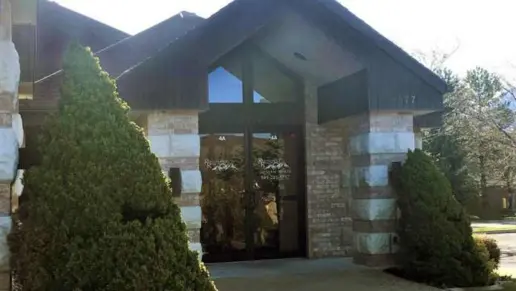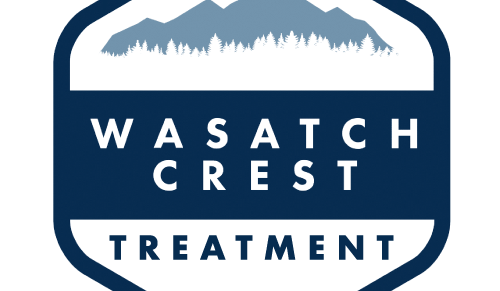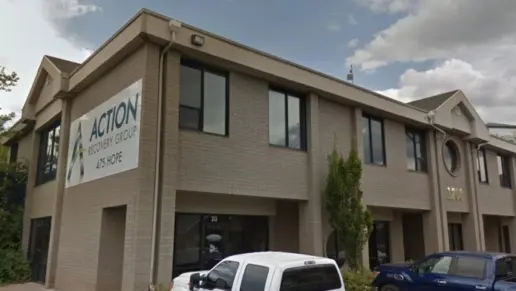I had lost all hope and thanks to this place I recovered it!
About Cirque Lodge – Studio Facility
Cirque Lodge is a beautiful drug rehab center that treats men and women living in Orem, Utah. They treat drug and alcohol addictions as well as dual diagnosis cases. Co-occurring conditions can include issues such as depression, anxiety, PTSD, bipolar disorder, schizophrenia, and more.
I don’t usually make it a point to talk about the scenery at most of the clinics, but I had to admit that the views at this location seem breathtaking. This enchanting recovery oasis is located in the Rocky Mountains, with amazing scenery to keep you focused during your recovery process.
The levels of care at this facility include detox services and residential treatment. You would have access to a professional medical staff that is available to supervise you and make sure you have everything you need at all times of the day or night.
If you need to detox before joining their residential program, they offer medication assisted treatment (MAT), which may be necessary to detox safely in some cases. Medications such as Vivitrol or Suboxone can help by lessening the intensity of cravings and withdrawal symptoms, which can in some cases become dangerous.
This lodge offers 12 Step programs as well as several counseling services. They offer codependency courses, cognitive behavioral therapy, experiential therapy, meditation classes, individual therapy, group therapy, and family therapy. All of these can make a drastic change in your recovery journey.
And they even have continuing care options that can kick in as you get ready to graduate. These services can help ensure that you have the right tools for the outside world and that you stay on the path of sobriety for years to come.
Rehab Score
Gallery
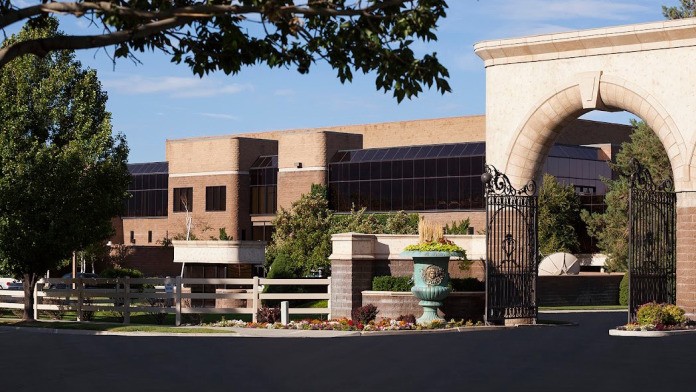
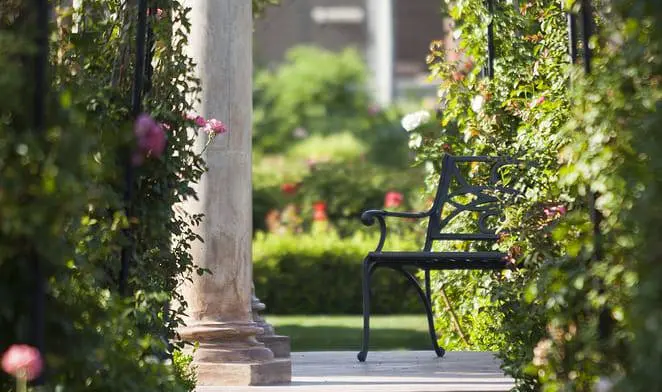
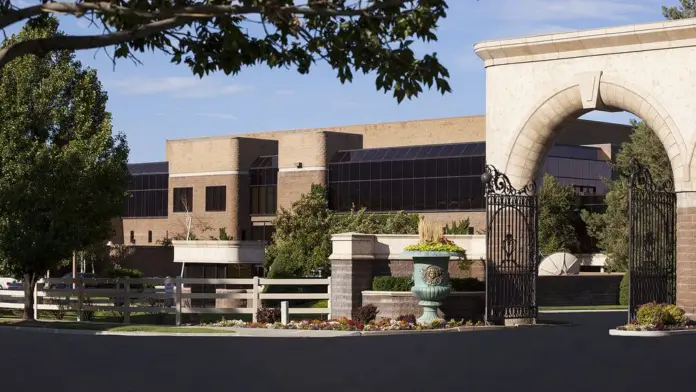
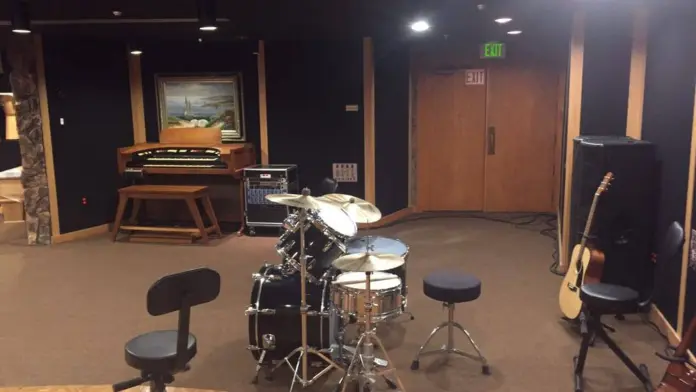
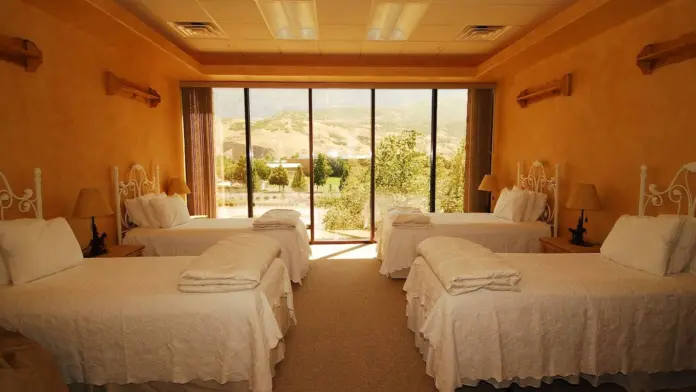
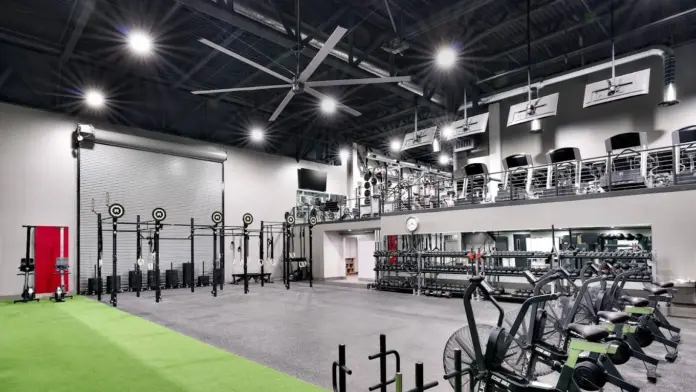
Location
Other Forms of Payment
Private insurance refers to any kind of healthcare coverage that isn't from the state or federal government. This includes individual and family plans offered by an employer or purchased from the Insurance Marketplace. Every plan will have different requirements and out of pocket costs so be sure to get the full details before you start treatment.
Self-pay involves paying for treatment out of your own pocket. You can use savings or credit, get a personal loan, or receive help from family and friends to fund your treatment. If you don't have insurance or your insurance plan doesn't cover a specific program, self-pay can help ensure you still get the care you need.
Medicaid is a state based program that helps lower-income individuals and families pay for healthcare. Medicaid covers addiction treatment so those enrolled can use their coverage to pay for rehab. When a program accepts Medicaid the client often pays very little or nothing out of their own pocket.
Medicare is a federal program that provides health insurance for those 65 and older. It also serves people under 65 with chronic and disabling health challenges. To use Medicare for addiction treatment you need to find a program that accepts Medicare and is in network with your plan. Out of pocket costs and preauthorization requirements vary, so always check with your provider.
Military members, veterans, and eligible dependents have access to specific insurance programs that help them get the care they need. TRICARE and VA insurance can help you access low cost or no cost addiction and mental health treatment. Programs that accept military insurance often have targeted treatment focused on the unique challenges military members, veterans, and their families face.
Addiction Treatments
Levels of Care
Treatments
The goal of treatment for alcoholism is abstinence. Those with poor social support, poor motivation, or psychiatric disorders tend to relapse within a few years of treatment. For these people, success is measured by longer periods of abstinence, reduced use of alcohol, better health, and improved social functioning. Recovery and Maintenance are usually based on 12 step programs and AA meetings.
When you enter a drug rehab in Utah, the process usually involves four stages: treatment initiation, early abstinence, maintaining abstinence, and advanced recovery. Treatment methods can rely on medications, counseling, or both, in either an outpatient or inpatient setting.
Many of those suffering from addiction also suffer from mental or emotional illnesses like schizophrenia, bipolar disorder, depression, or anxiety disorders. Rehab and other substance abuse facilities treating those with a dual diagnosis or co-occurring disorder administer psychiatric treatment to address the person's mental health issue in addition to drug and alcohol rehabilitation.
A combined mental health and substance abuse rehab has the staff and resources available to handle individuals with both mental health and substance abuse issues. It can be challenging to determine where a specific symptom stems from (a mental health issue or an issue related to substance abuse), so mental health and substance abuse professionals are helpful in detangling symptoms and keeping treatment on track.
Opioid rehabs specialize in supporting those recovering from opioid addiction. They treat those suffering from addiction to illegal opioids like heroin, as well as prescription drugs like oxycodone. These centers typically combine both physical as well as mental and emotional support to help stop addiction. Physical support often includes medical detox and subsequent medical support (including medication), and mental support includes in-depth therapy to address the underlying causes of addiction.
Programs


Clinical Services
Equine therapy, aka equine-assisted therapy (EAT), is a form of experiential therapy that involves interactions and activities with horses. It does not necessarily involve riding horses, but all activities related to horses, such as feeding, grooming, haltering and leading them. A mental health professional frequently oversees the activities (often in conjunction with a horse professional), and helps patients process their thoughts, feelings, and behavior patterns during and/or after the interaction. One of the distinct elements to Cirque Lodge is our involvement of horses within an addiction treatment program. Equine assisted psychotherapy falls under the experiential therapy piece provided at Cirque Lodge, which teaches a battery of coping strategies for long-term recovery. They believe they have the preeminent equine experience dedicated to treating addiction and through working with horses their residents can learn more about themselves in the process.
Group therapy is any therapeutic work that happens in a group (not one-on-one). There are a number of different group therapy modalities, including support groups, experiential therapy, psycho-education, and more. Group therapy involves treatment as well as processing interaction between group members.
In individual therapy, a patient meets one-on-one with a trained psychologist or counselor. Therapy is a pivotal part of effective substance abuse treatment, as it often covers root causes of addiction, including challenges faced by the patient in their social, family, and work/school life.
Research clearly demonstrates that recovery is far more successful and sustainable when loved ones like family members participate in rehab and substance abuse treatment. Genetic factors may be at play when it comes to drug and alcohol addiction, as well as mental health issues. Family dynamics often play a critical role in addiction triggers, and if properly educated, family members can be a strong source of support when it comes to rehabilitation. To facilitate and enhance the healing process, Cirque Lodge involves family members and loved ones in the treatment of residents. Family involvement is both an effective and integral part to the drug and alcohol rehab center, as well as the recovery process. Family involvement takes place in several areas, first off, instead of being in an addiction treatment facility where the families feel they have nothing more than "visitation rights," they involve the families by getting extensive downloads about a client's history. Secondly, families can be and often are involved in weekly therapy sessions with their loved one and the primary alcohol and drug rehab therapist. Last but not least every three weeks the family is involved in a 4-day family intensive program. This is center stage for their family program.
Experiential therapy is a form of therapy in which clients are encouraged to surface and work through subconscious issues by engaging in real-time experiences. Experiential therapy departs from traditional “talk therapy” by involving the body, and having clients engage in activities, movements, and physical and emotional expression. This can involve role-play or using props (which can include other people). Experiential therapy can help people process trauma, memories, and emotion quickly, deeply, and in a lasting fashion, leading to substantial and impactful healing. The experiential and holistic programming at Cirque Lodge is strategically and individually designed to physiologically anchor the essential skills and concepts that are being introduced daily in our individual, group, and 12-step sessions. To enhance our cognitive work, they incorporate a number of unique indoor and outdoor activities.
Amenities
-
Private Setting
-
Mountain Views
-
Yoga Studio
-
Hiking
Staff & Accreditations
Staff
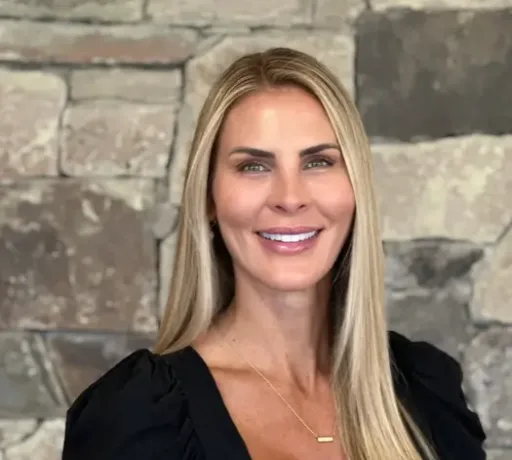
Executive Director
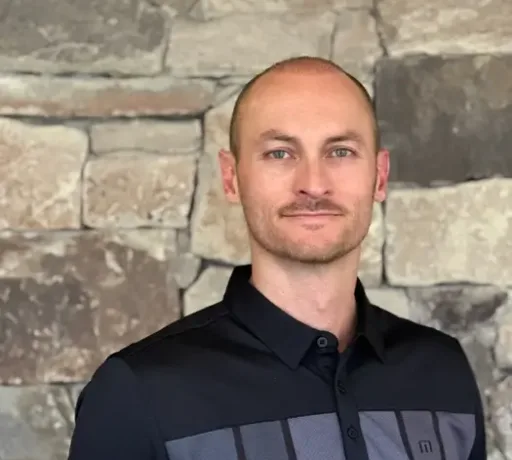
Operations Director
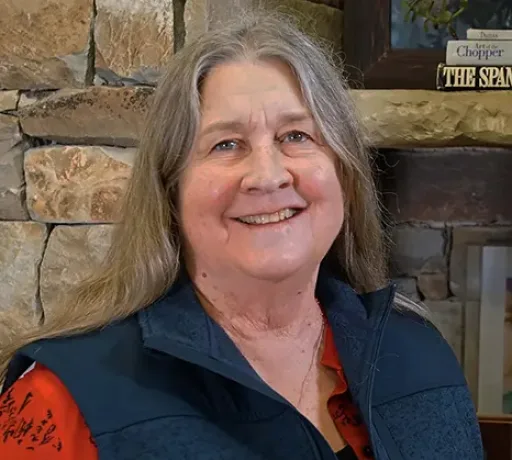
Clinical Director & Therapist
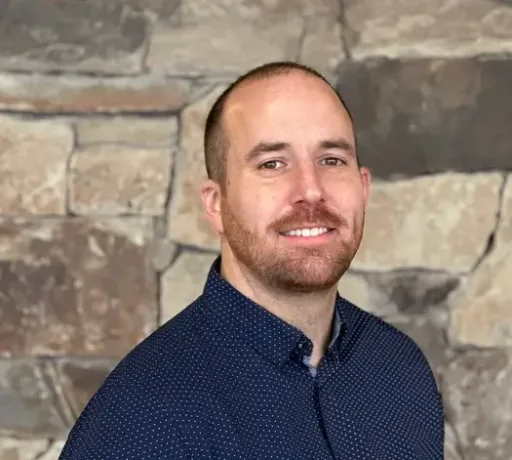
Medical Director
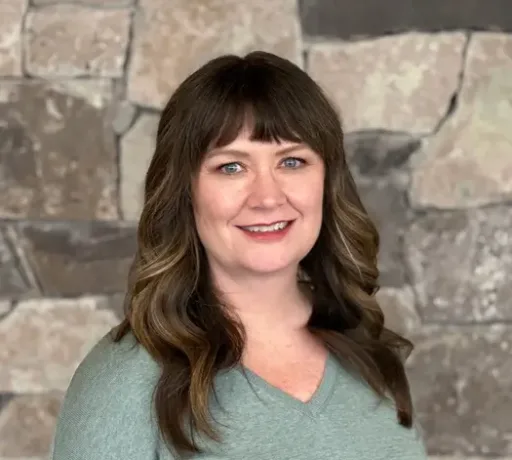
Admissions Director
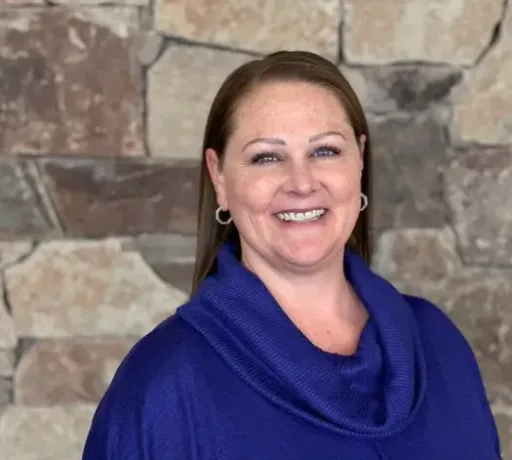
Human Resource & Finance Director
Accreditations

The Joint Commission, formerly known as JCAHO, is a nonprofit organization that accredits rehab organizations and programs. Founded in 1951, the Joint Commision's mission is to improve the quality of patient care and demonstrating the quality of patient care.
Joint Commission Accreditation: Yes
Accreditation Number: 301461
Contact Information
777 North Palisade Drive
Orem, UT 84097
